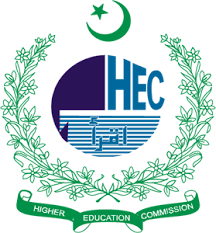Postmodernism in Turkish Thought: An Examination of its Characteristics in the Light of Critics
ترک فکریات میں مابعد جدیدیت: ناقدین کی آرا کی روشنی میں خصوصیات کا جائزہ
DOI:
https://doi.org/10.52015/daryaft.v17i01.410Keywords:
Modernism, Postmodernism, Metafiction, cultural, Intertextuality.Abstract
In the preparation of this article, the publications of Turkish researchers and especially the book by Prof. Dr. Yıldız Ecevit were used. Postmodernism, which has made its mark in almost every field since the mid-20th century, is a significant intellectual movement. Since its emergence as a literary term and its broader use as a critical concept in the 1980s and 1990s, it has become a crucial cultural, political, and intellectual force defining modernity. In literature, postmodernism introduces innovations in style, technique, and form. Unlike traditional novel structures, which follow a conventional formula of beginning, rise, and climax, the postmodern novel does not adhere to such a framework. The progression of the story includes unexpected twists, and the plot structure allows for flashbacks to past and present events. Postmodernism is regarded as a later stage that liberates humanity from the modernist project of individual, cultural, social, economic, and political transformation, which it protests in nearly every domain.





